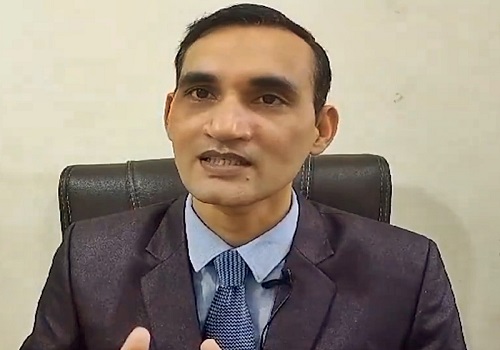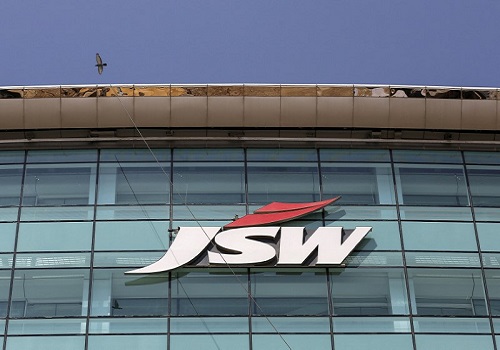New coal blending order to raise discoms` cost by Rs 11,000 crore in H1FY24: Crisil

Follow us Now on Telegram ! Get daily 10 - 12 important updates on Business, Finance and Investment. Join our Telegram Channel
Rating agency Crisil in its latest report has said that distribution companies (discoms) have to brace for an increase of as much as Rs 11,000 crore on-year in their power purchase cost in the first half of next fiscal (H1 of FY24) following the government’s directive to thermal power plants (gencos) to increase blending of imported coal to 6% of their requirement until September.
The report stated that the order, dated January 9, is the second blending directive this fiscal and is aimed at averting a power crisis from coal shortage this summer due to domestic supply issues. The first directive, in April, was for domestic power plants to blend 10% of their coal requirement. This led to an increase in blending to 5.4% during April-November this fiscal from a meager 1.2% last fiscal. CRISIL expects the blending level to sustain for the rest of this fiscal, raising the cost for power utilities by Rs 42,000 crore on-year and pushing up the variable cost of power procurement for the utilities by Rs 0.226 per unit.
According to the report, power demand had risen a strong 10% on-year in April-December this fiscal. In the first three weeks of January, the growth was even higher, at 14%, due to a severe cold wave in many parts of the country - indeed, peak demand during the period surged 12% on-year to 205.6 GW, a historic high for the month. Thus, even after adjusting for a low base in the year-ago period, growth for the full fiscal will be in healthy double-digits. At the other end, supply fell short and energy shortage increased 90% on-year in January, lifting short-term prices by a whopping 80%1 on-year. The directive to increase imported coal blending are aimed at plugging this shortage.
























